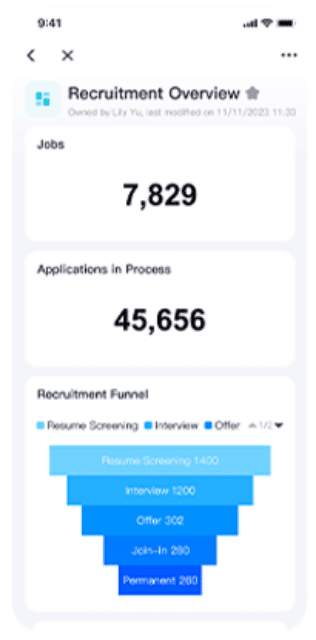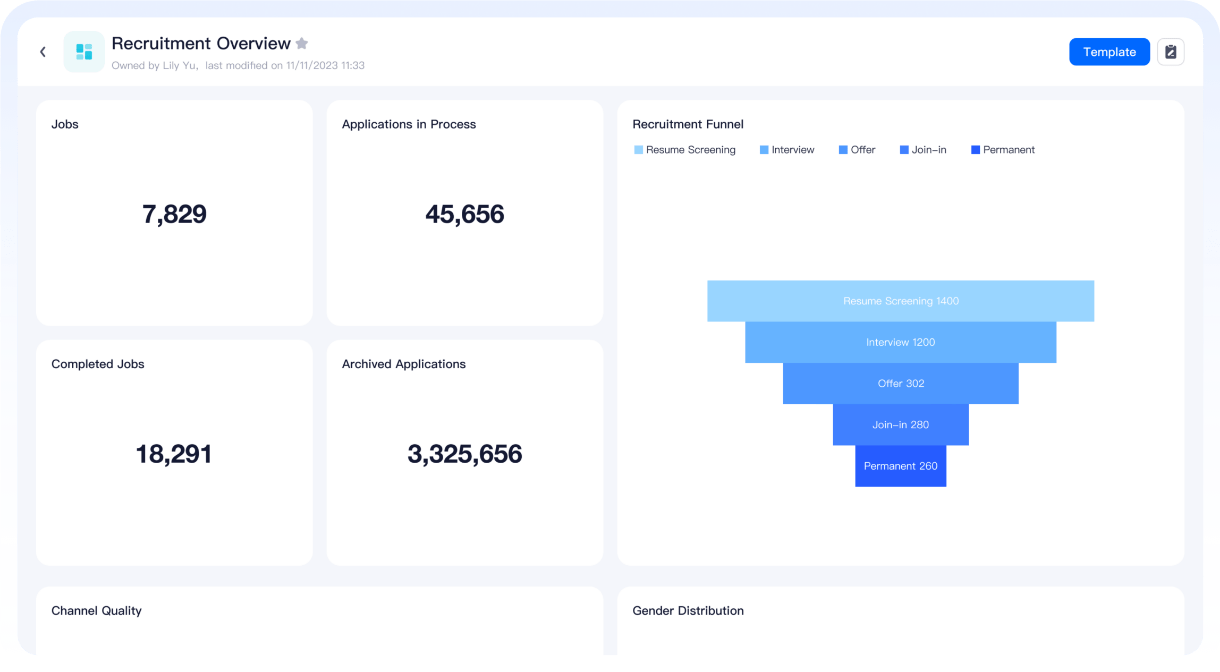Did you know that over 70% of companies are now utilizing some form of hr tracking system? This staggering statistic highlights the growing reliance on technology to manage human resources efficiently. However, as these systems become more prevalent, understanding their legal and regulatory implications is crucial for organizations worldwide.
The Legal Landscape of HR Tracking Systems
HR tracking systems serve as a vital tool in managing employee data, recruitment processes, and performance evaluations. From a legal perspective, these systems must comply with various regulations such as GDPR in Europe or HIPAA in the United States. Additionally, they play a significant role in Trade Agreements and Treaties by ensuring that employment practices align with international labor standards. By adhering to these regulations, companies can avoid hefty fines while fostering fair labor practices across borders.
Diving Deeper: Online Recruitment Systems within Trade Agreements and Treaties
online recruitment systems have revolutionized how businesses attract talent globally. These platforms not only streamline hiring processes but also ensure compliance with Trade Agreements and Treaties related to employment laws. For instance, many agreements mandate non-discriminatory hiring practices; thus online recruitment tools often incorporate features that promote equal opportunity among candidates from different backgrounds. Furthermore, they help organizations navigate complex immigration laws when recruiting internationally.
MokaHR’s Unique Features Related to Trade Agreements and Treaties
MokaHR stands out in the realm of HR tracking systems due to its robust features tailored for compliance with Trade Agreements and Treaties:
- Data Protection Compliance: MokaHR ensures all employee data is stored securely following international privacy laws.
- Diversity Metrics: The platform provides analytics tools that help track diversity initiatives aligned with global standards.
- Automated Reporting: MokaHR generates reports necessary for demonstrating compliance during audits related to trade agreements.
- Cultural Adaptability: It offers customizable workflows suitable for various countries’ labor laws under different treaties.
- User-Friendly Interface: Designed for ease-of-use so employers can quickly adapt it without extensive training on legal nuances.
A Concluding Perspective on HR Tracking Systems within Trade Frameworks

The integration of HR tracking systems like MokaHR into organizational frameworks significantly enhances compliance with both local regulations and international treaties governing employment practices. As we continue navigating this digital age where remote work becomes commonplace across borders, understanding the intersection between technology and law will be paramount for sustainable business operations globally.

